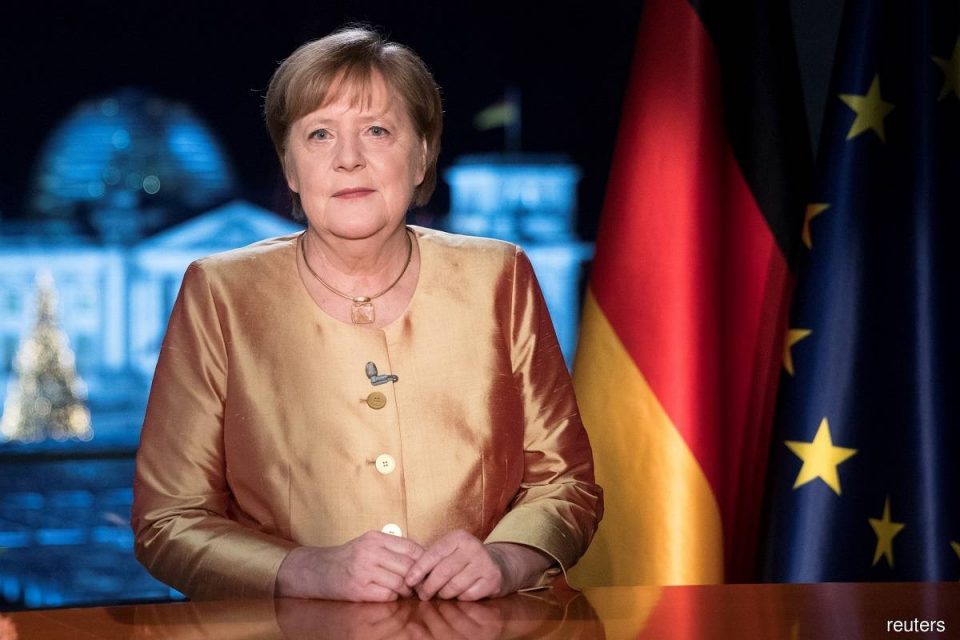We could not have predicted that Bulgaria would block the start of Macedonia’s accession talks with the EU, German Chancellor Angela Merkel said after a meeting with the heads of state and government of the six Western Balkan countries.
Merkel’s general assessment is that in the last 7 years, since the beginning of the so-called Berlin process, there have been successes, but also that much remains to be done in the fight against corruption. As a positive example from the region, she pointed out the so-called “vetting” process in Albania and assessed that the Berlin process opened a new quality in cooperation in the region.
As for the surprising turn of events, Merkel mentioned the Bulgarian blockade on Macedonia.
Some difficulties you cannot predict. We watched for a long time how Macedonia and Greece negotiated over the name. After the dispute was resolved Macedonia became a member of NATO, but suddenly Bulgaria blocked the start of EU membership negotiations, Merkel said.
The German Chancellor reiterated that the future of the region is in the EU and that, according to her, it is not only in the interest of the Western Balkan countries but also of the EU itself. Referring to the difficulties facing the region, Merkel cited three: the dispute between Serbia and Kosovo, the situation in BiH, and the dispute between Bulgaria and Macedonia.
We need a lot of patience, but also a lot of commitment to overcome these disputes, Merkel said.




Comments are closed for this post.